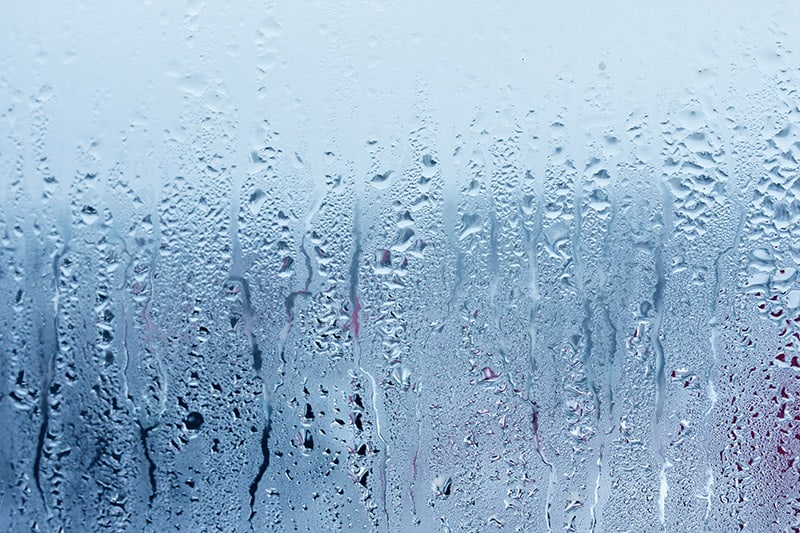
While having a bit of moisture in and around your home can be fine, if you start experiencing excess moisture, various areas and aspects of your home could suffer because of it. This could cause things like erosion, the failing of your home’s foundation, mold and mildew buildup, overall mustiness, and so much more.
To help keep these things from happening to you, here are three ways to keep excess moisture from ruining your home.
Use Fans And Vents Properly
To help ensure that moisture doesn’t start to become a problem in your home, you’re going to want to know how to use fans and vents properly in your space.
In places like your bathroom and kitchen, when steam and water can be in abundance, you’re going to want to make sure that you use the vents and fans to push that moist water and air out of the room. Just make sure that the vents and fans are pushing the damp air outside and not just into other areas of your house. This same advice works for your dryer vent too, as you want that vent to be pushing damp air outside, too.
You’ll also want to try up any water that’s standing on the floor so that it doesn’t ruin the wood or tile in that space, as water seeping into the ground or other furnishings can cause a lot of damage.
Maintain Proper Ventilation
If you live in a place that has high humidity, you’re going to need to work harder at keeping your home at a prime moisture level in areas in addition to your kitchen and bathroom. And to do this, you’ll need to maintain proper ventilation throughout the entire space.
When it’s not quite as humid outside, opening the windows and getting a cross breeze through the space can help to reduce the humidity in the space. Additionally, turning on your air conditioner or using a dehumidifier can help, too.
Seal Off Leaks And Openings
When you’re trying to deal with moisture and humidity, one thing that can set you back is having air or water leaks around your home.
If you notice any leaking water, you’re going to want to seal off this leak so that it doesn’t spread and add to your humidity problem. And if you’re trying to keep humid air from outside from coming into your home, you’ll also want to seal up these leaks so that when you do turn on your air conditioner or dehumidifier, you’re actually making progress with reducing the level of humidity in the space.
If you want to keep excess moisture from ruining your home and property, consider using the tips mentioned above to help you learn how to best keep humidity in check.
Leave a Reply